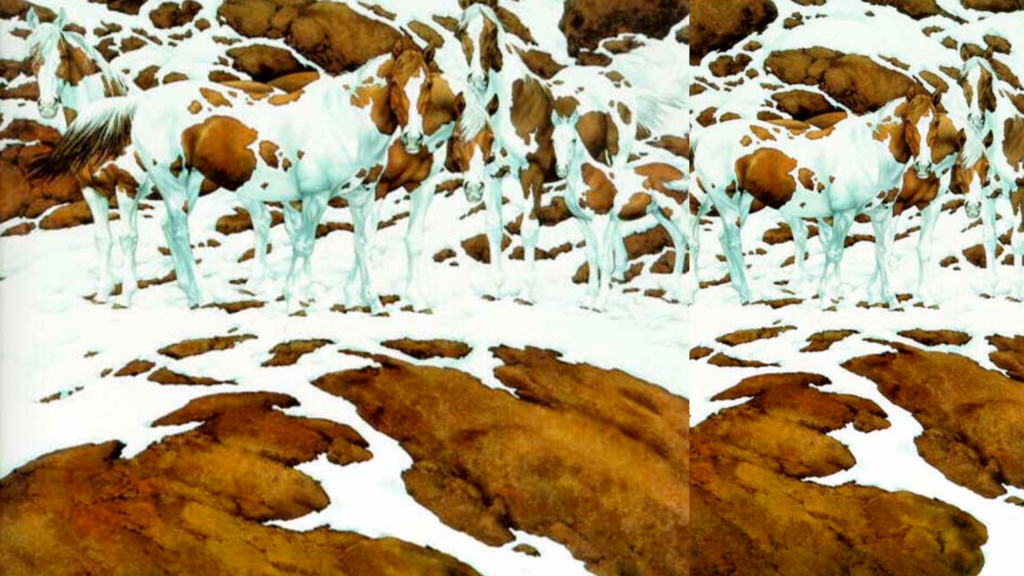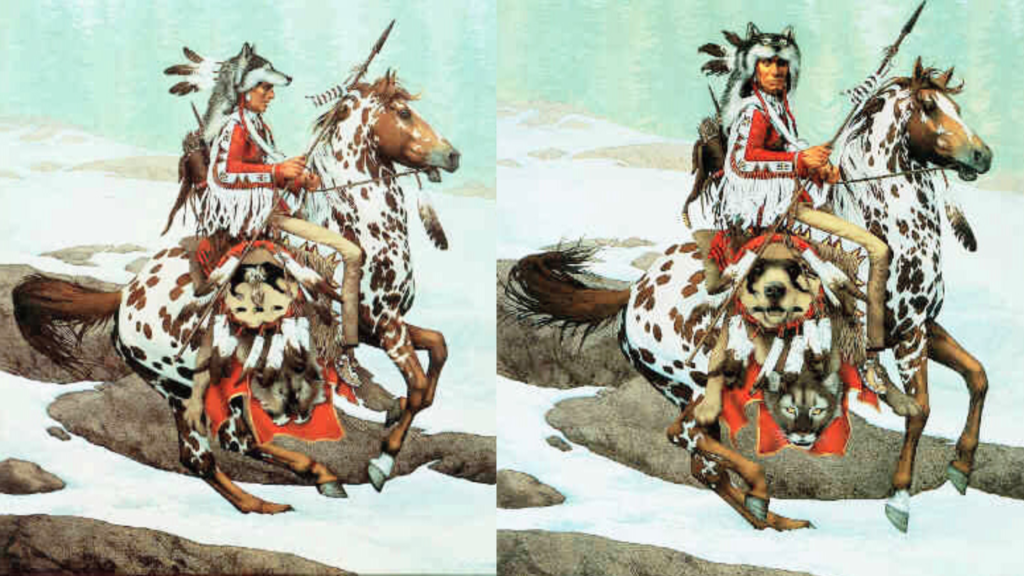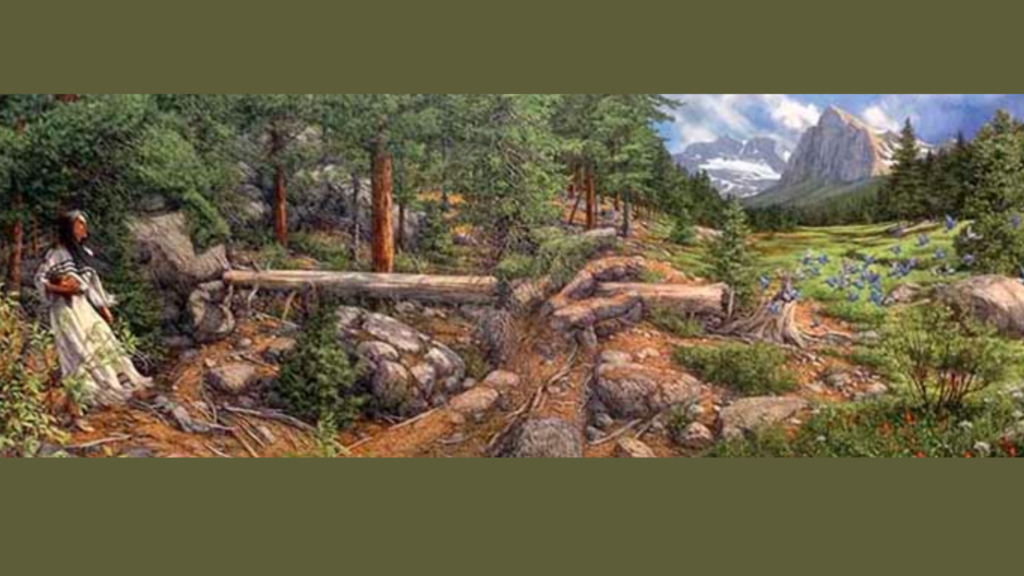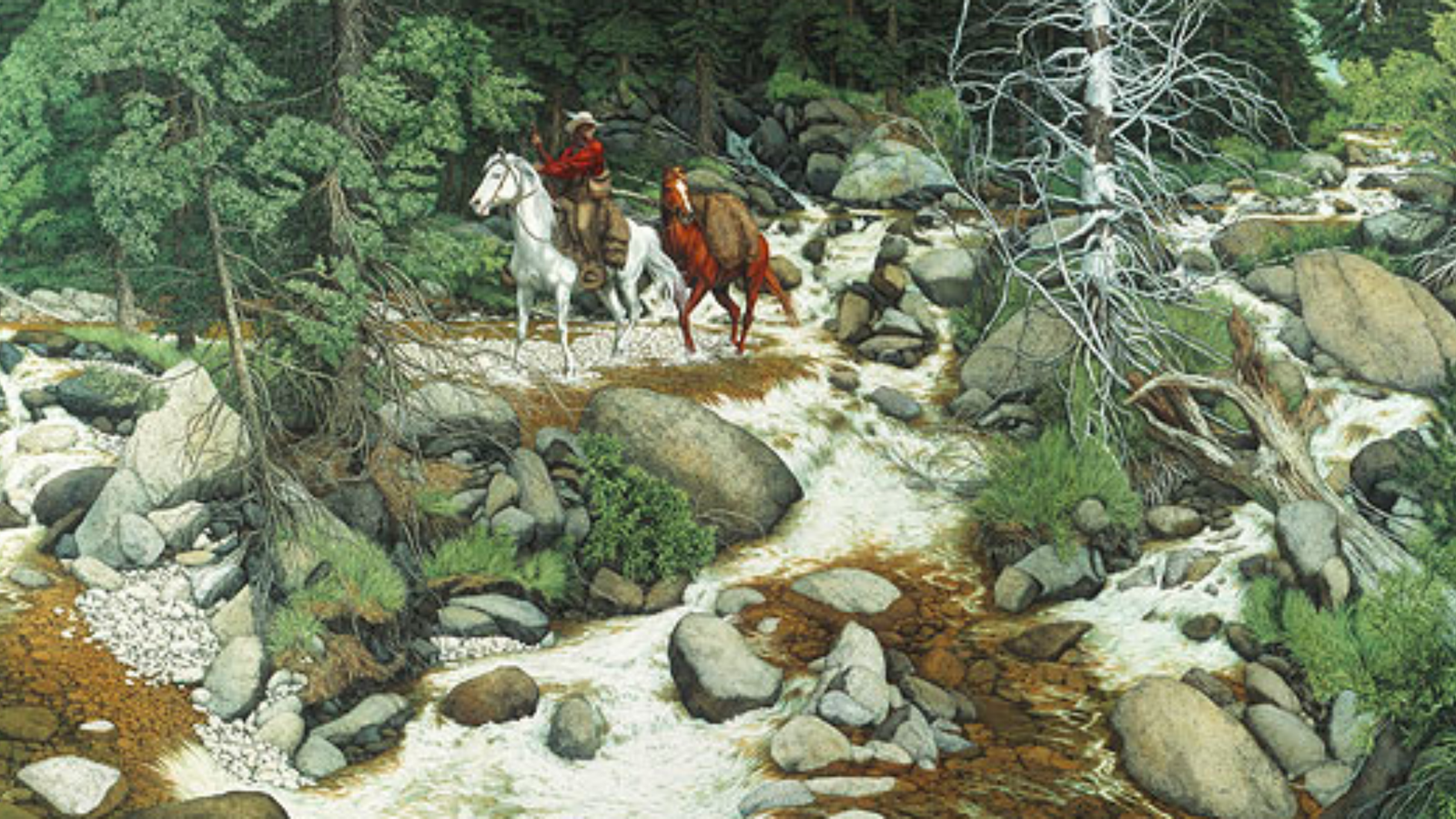Introduction
Bev Doolittle is a celebrated American artist renowned for her intricate and mesmerizing paintings that celebrate the beauty of nature. Born on February 26, 1947, in Los Angeles, California, Doolittle’s art has captivated audiences with its detailed depiction of wildlife and landscapes. Her work is distinguished by her unique ability to blend art with nature, creating visual narratives that invite viewers to explore the natural world more deeply. This article delves into the life, career, and artistic style of Bev Doolittle, offering a comprehensive overview of her contributions to contemporary art.
Early Life and Education
Bev Doolittle‘s journey into the world of art began in her early years. Growing up in Southern California, she was exposed to the diverse and rich natural landscapes that would later become central themes in her artwork. Her fascination with the environment and wildlife was nurtured through family outings and a deep appreciation for the outdoors. Doolittle studied art and design at the University of California, Los Angeles (UCLA). Her education provided a strong foundation in traditional techniques, but her personal experiences and observations in nature truly shaped her artistic vision.

Artistic Style and Techniques
Bev Doolittle‘s artwork is characterized by meticulous attention to detail and a profound connection to the natural world. She is mainly known for using camouflage art—a technique that integrates animals and natural elements into the backgrounds of her paintings. This approach invites viewers to look more closely and discover hidden forms and figures, creating a sense of intrigue and engagement. Her ability to blend these elements seamlessly into her compositions highlights her exceptional skill and creativity.
Doolittle employs a variety of techniques to achieve her signature style. Her paintings often feature a combination of realistic wildlife imagery and abstract patterns, which serve to both depict and conceal. This duality creates a dynamic visual experience, encouraging viewers to explore the depth of the natural scenes she portrays. Her use of light and shadow further enhances the illusion of camouflage, adding a layer of complexity to her work.

Major Works and Exhibitions
Throughout her career, Bev Doolittle has created numerous iconic pieces that garnered widespread acclaim. One of her most famous works is “In the Company of Wolves,” a painting that exemplifies her camouflage technique. In this piece, a pack of wolves is cleverly integrated into a snow-covered landscape, challenging viewers to find and identify each animal amidst the white, wintery background. This painting and others like “The Forest Has Eyes” and “Hidden in the Rain” showcase her innovative ability to merge art with nature.
Doolittle’s work has been featured in various exhibitions and galleries across the United States. Her paintings have been displayed in prestigious institutions such as the National Museum of Wildlife Art in Jackson Hole, Wyoming, and the Gilcrease Museum in Tulsa, Oklahoma. These exhibitions have highlighted her talent and contributed to a broader appreciation of wildlife art.
Impact on Contemporary Art
Bev Doolittle‘s influence on contemporary art extends beyond her impressive work. Her innovative approach to camouflage art has inspired a new generation of artists to explore the intersection of nature and visual storytelling. By challenging conventional boundaries and encouraging a closer examination of natural environments, Doolittle has expanded the possibilities of how art can represent and interpret the world around us.
Her contributions to the art world have also led to collaborations with various organizations dedicated to wildlife conservation and environmental awareness. Through these partnerships, Doolittle has used her platform to promote important causes, demonstrating her commitment to art and nature.
Personal Life and Philanthropy
Beyond her artistic endeavors, Bev Doolittle is known for her dedication to philanthropy and community involvement. She has actively supported conservation and environmental initiatives, reflecting her deep-rooted passion for protecting the natural world. Her work with organizations such as the National Wildlife Federation and the World Wildlife Fund has reinforced her role as a responsible and compassionate artist.
Doolittle’s personal life is marked by a love for the outdoors, which continues to influence her art. She resides in a rural setting that provides her with constant inspiration and a tranquil environment to create her masterpieces. Her artwork and lifestyle show her commitment to living in harmony with nature.

Legacy and Future Directions
As Bev Doolittle continues to create and inspire, her legacy in the art world remains firmly established. Her unique approach to blending camouflage with wildlife art has left an indelible mark on contemporary artistic practices. Her work’s lasting impact is evident in its ability to encourage viewers to appreciate the subtleties of the natural world and foster a deeper connection to wildlife.
Furthermore, Doolittle’s future endeavors are anticipated to be of great interest. Her ongoing exploration of new themes and techniques promises to continue captivating audiences and pushing the boundaries of art. Whether through new exhibitions, collaborations, or philanthropic efforts, Bev Doolittle‘s contributions to art will endure and inspire future generations.
Conclusion
Bev Doolittle‘s artistry is a testament to the profound relationship between humans and nature. Her meticulous craftsmanship, innovative camouflage techniques, and dedication to wildlife conservation have established her as a prominent figure in contemporary art. Through her work, she invites viewers to see beyond the surface and engage with the intricate beauty of the natural world. Doolittle’s influence on art and environmental awareness will undoubtedly grow as her career progresses, leaving a lasting legacy for generations.

